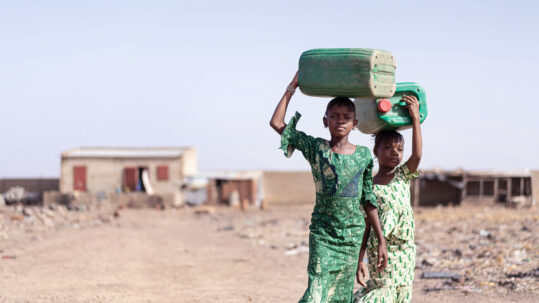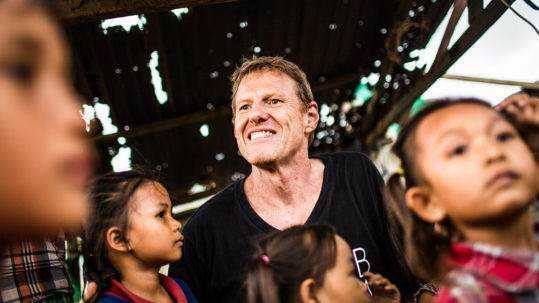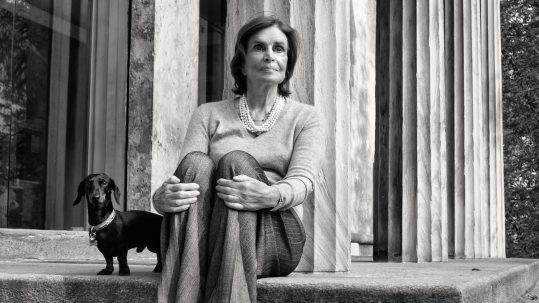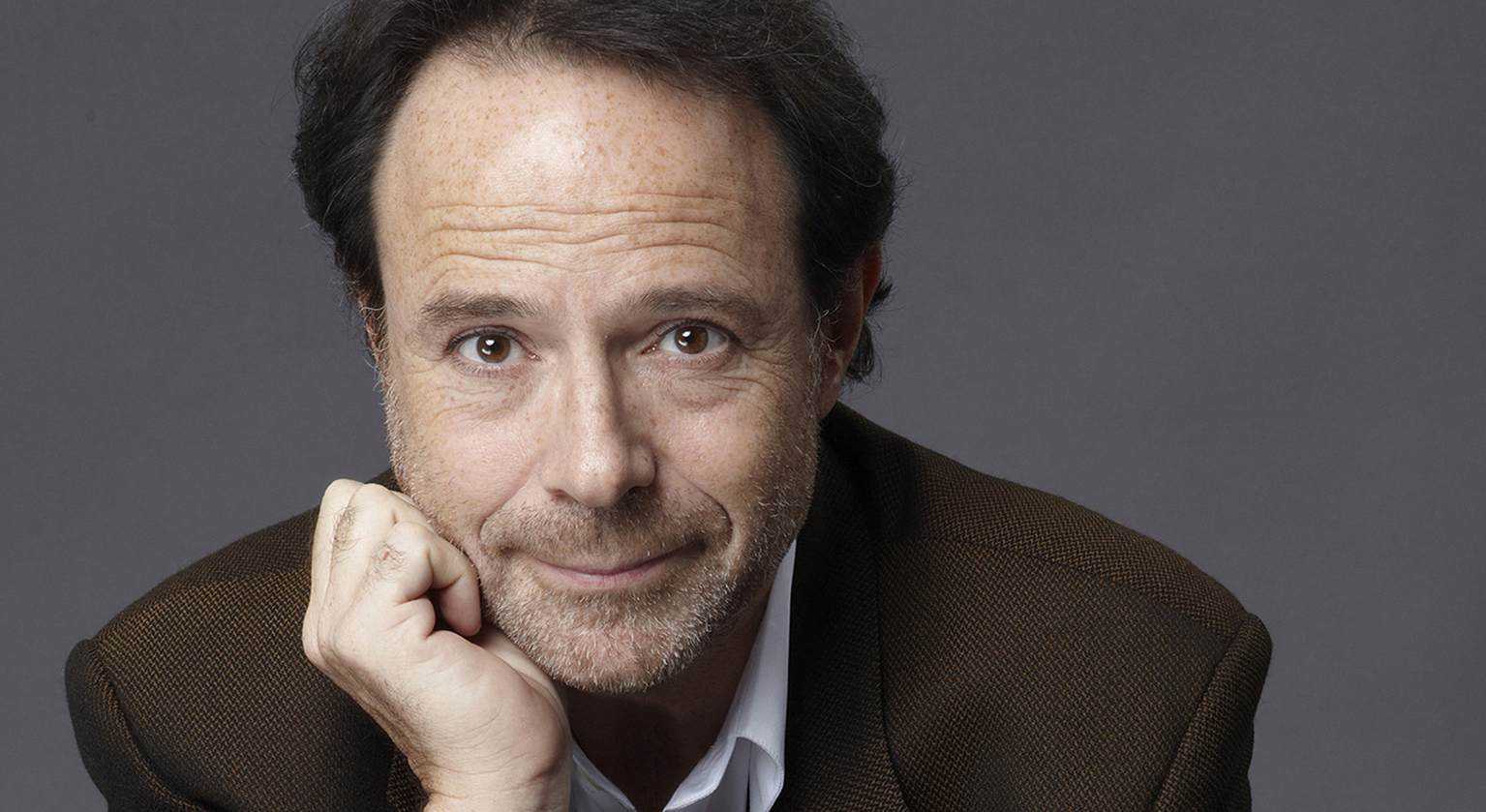
21 Aug Marc Levy
Photo: Tess Steinkolk
MARC LEVY
With more than 40 million books sold worldwide, Marc Levy is the most read French writer in the world. His latest novel ‘The Last Of The Stanfields’ (La Dernière des Stanfield), is no exception to the rule and is already a best seller. A lovely conversation with one of the kindest men on the planet.
By Victoria Adelaide + Kania Bathily | OCT 23. 2017
Victoria Adelaide + Kania Bathily: Marc Levy, what kind of writer are you and what is your writing process?
Marc Levy: Writing requires a lot of discipline and passion, when I write, I write 15 hours per day, seven days a week and for about four months. It’s like diving deep into the big blue. Nothing else exists. You live in an imaginary world, where almost everything becomes possible.
The most important thing about writing is that it’s all about freedom. Read what you want, when you want, and the same goes on for writing. So, no routine, no habits, nothing like that. You can read a few lines many times a day, as often as you want, and you won’t even gain weight…good luck doing the same with chocolate! Writing requires time, and a little discipline. My process is to spend a lot of time learning about my characters, to cohabit with them, and only when I know them very well, I can start writing. Writing a story is like going to sea, you know where you would love to go, but you can’t know how the sea and the winds will influence your journey.
The editing part takes me another month, and the research can take many years, 10 years for example before I wrote The Children of Freedom. Of course a comedy requires less research, while some books like Another Idea of Happiness, or Replay, needed a lot. I always start with the research. Each new novel is an opportunity for me to discover a new world and new characters. And some of my characters are very far removed from my everyday life… In The First Day and The First Night I choose an astrophysicist and an archaeologist as my protagonists. Crazy, I know! The construction of their lives and personalities did not come naturally. I did a lot of research, just to understand what it was that they were doing, but it was really exciting and I learned a lot.
VA+KB: You tried many other things before you became a full-time writer. Was being a writer your all-time dream, or did it just ‘happen’?
ML: I have always liked writing but it was a hobby and I never thought that writing could one day take so much importance in my life. Until maybe I became a father, and started telling my son bedtime stories every night and I soon had to write those stories to remember all the details. Then, I was indeed managing an architectural firm, my son was nine and more interested in TV than by his father’s bedtime stories; the time where I was writing to my child was over, but why not writing for the man he would become one day? When I began writing what became “If Only It Were True”, it was just a manuscript I wanted to give to my son much later. But my sister, a screenwriter, read it and persuaded me to send it to Editions Robert Laffont. They responded eight days later and wanted to publish the book.
VA+KB: You’re the most read French author in the world. How do you explain such enthusiasm and how does it feel?
ML: I have no idea, and I don’t want to know, I am not interested that much in myself. Let’s say that I never thought I’d be successful. I have had tremendous luck but also, I have worked a lot to deserve it. Because there is no miracle recipe, and every book represents thousands of hours of work. I promise you that before one of my books is published, I never know whether it’s going to reach an audience. I work a lot and am never sure of how it will play out, as writing is a craft. What I try to do is convey values that have been passed on to me through my stories and characters. Many people share these values, but they don’t always come up in everyday life.
VA+KB: Most of your books are best sellers. Is there a recipe for writing a best seller?
ML: There is none, it’s all about working, working, and working again. Each book is a new challenge, I never take it for granted. But I know that I am very lucky, because I love my work, and I am passionate about it, which is fun and exciting. I am always happy to start a new book and create new characters knowing that I am going to be spending time with them. But I don’t want to know more, I am working spontaneously and want to continue to work that way.
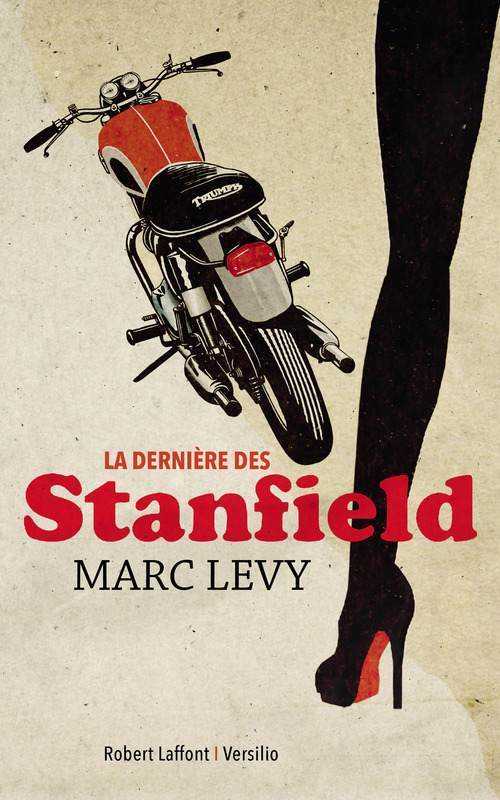
Illustration: Lorenzo Eroticolor
VA+KB: In spite of your tremendous success, you have remained very accessible and down to earth. What keeps you so grounded?
ML: You know, a man who thinks he is a very important man, ends up realizing that he is very small when he is in the hands of the nurse who takes care of him in a hospital. What I am trying to say is that, I feel so humble when I see how many people are doing amazing things without becoming public people. Being a writer makes me really happy, but I don’t forget that I have not discovered a vaccine, or found a cure against hunger, or cancer. I don’t think I am more important than anybody else. I cherish the one who makes bread, the one who takes care of the land, the one who educates children, the one who devotes their life to saving or helping others, and I could go on and go on. Me, I write books, I am just a writer, a happy and lucky one.
VA+KB: Several of your novels; Another Idea of Happiness, All Those Things We Never Said and The Shadow Thief are currently being adapted for the screen in China, India and the US. Can you give us more information about this?
ML: ‘The Shadow Thief’ entered production in China. ‘Another Idea of Happiness’ is in development in the US, and the Indian adaptation of ‘Seven Days for an Eternity’ has been lost in translation.
I would love to tell you more, but I can’t and anyway, I don’t want to intervene in the filming process. First of all, I am not a director, and I respect a director’s work. A director is an author, and I understand that he wants more than filming the pages of my book.
VA+KB: You’ve been living in New York for many years now and have been very outspoken about your passion for America and how greatly it has influenced your writing. After all these years and changes, are you still as much in love with the Big Apple as on the first day and why?
ML: I still am, New York is an island where 163 communities are living together. It’s such an amazing experience of tolerance. Of course, America is going through a difficult time since its last election, and the society is shaken by the behavior of its actual president and administration. But I am a man of hope, and I truly hope it will learn from it and for the better. Many people are fighting here to protect human rights, and the very spirit of tolerance and democracy that characterized this beautiful country filled with diversity.
VA+KB: Is there a moment when you’re not a writer, and if so, what else do you like to do?
ML: You know, when I will pass away, I want my children to remember me as a good father for them, my wife as a loving husband, and my friends as a good friend to them, this to say that I am all of this, a father, a husband and a friend before being a writer; now when I don’t write, I love to cook, to spend time with the one I love, to travel, and also I love to play piano, to read, to watch movies.
VA+KB: Your first novel ‘If Only It Were True’, which was adapted for the screen by Steven Spielberg as ‘Just Like Heaven’, was initially written for your son. How has being a father impacted your writing and the choice of your subjects?
ML: I have three children, one is 27 years old, one is seven, and my daughter is 17 months. I have been a father very young, and I will be a father all my life. So they impacted a lot. I always think of the adults they will become one day when I write a story, and I always think of the human values that my characters and stories tell them and carry on.
VA+KB: You spent six years with the Red Cross beginning at 18. What did the experience teach you and is it something you’d like to do again?
ML: It certainly did. It made me realize that my center of gravity was not my umbilical, but the others around me. It taught me to put my own problems in perspective, as so many people have much bigger one’s than me. I learned that if you make yourself the Center of your world, you will end up very bored and very alone, it made me learn the beauty of the diversity of the world and how rewarding it was to help others, to keep your mind open, to listen and to try to understand instead of judging.
VA+KB: In the most successful careers there are always moments when one has to face criticism. How do you handle it and does it affect you in some ways?
ML: Someone who writes a criticism, even a very bad one, is still giving you some of his time. And you might learn about it…
VA+KB: Your latest book “The Last Of The Stanfields’ immerses us in family secrets. Is it something you’ve experienced for yourself? If yes, how did it impact you?
ML: I was 18 years old when I finally discovered that my father was in the French resistance during World War II, that he was arrested, tortured and deported and that he escaped from a train going to an extermination camp. He was an amazing man, humble, tolerant, always cheering humor. He taught me that being a man is not the most difficult thing to become, but staying one all your life was. He taught me to work seriously without ever taking me seriously. He has been a model for me all my life.
VA+KB: You say that you can get very attached to your characters, which one is your favorite and why?
ML: That would be asking to a father if he prefers one of his children…
...when I write, I write 15 hours per day, seven days a week and for about four months.'``


